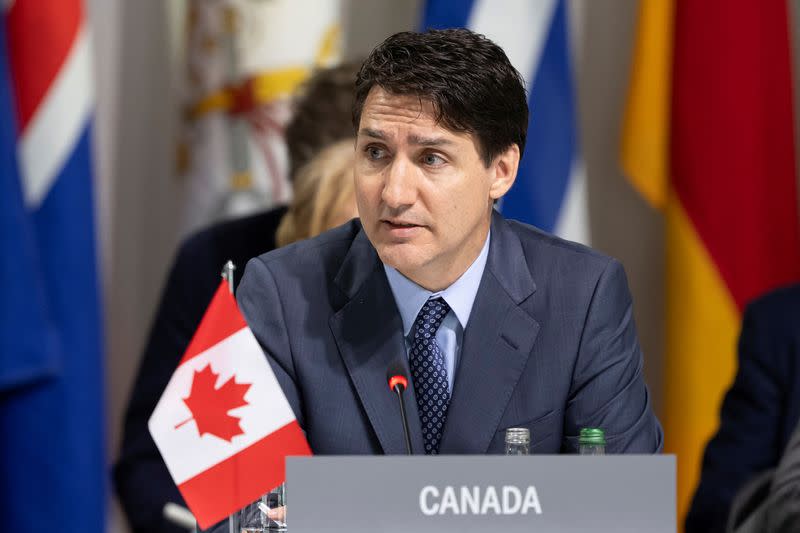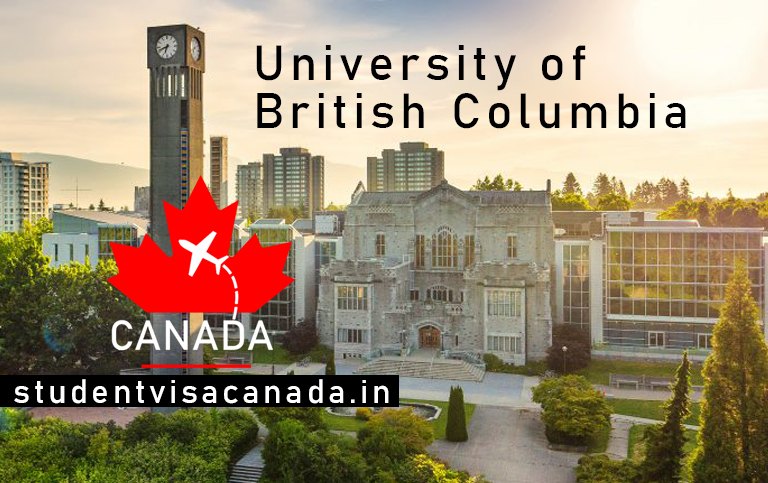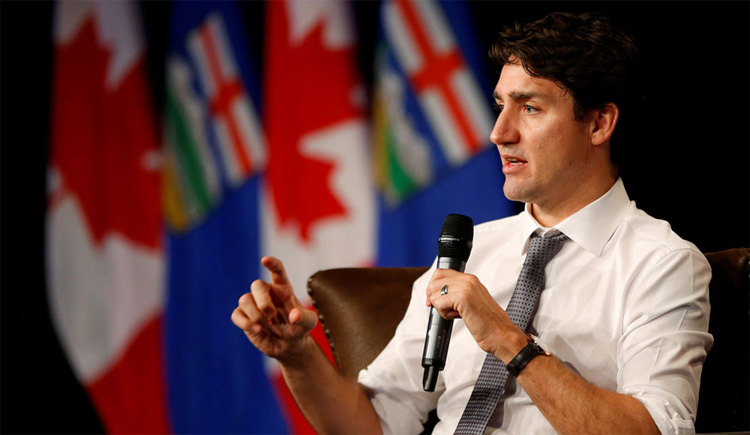If you’re a student or professional planning to settle in Canada, you’ve likely heard of the Express Entry immigration system. It’s one of the most popular pathways for skilled workers to gain permanent residency (PR) in the country. But recent news has shaken things up: starting in the spring of 2025, Canada will no longer award additional points for job offers under the Express Entry system.
What does this mean for aspiring immigrants, particularly Indians, who make up a large chunk of applicants? Let’s break it down in a simple, friendly, and approachable way, so you understand the implications, the reasons behind this change, and how it might impact your plans.

Sponser ad
What Is the Job Offer Advantage in Express Entry?
The Express Entry system is Canada’s go-to tool for managing applications for permanent residence by skilled workers. It uses a points-based framework called the Comprehensive Ranking System (CRS). Your CRS score determines how competitive your application is in the Express Entry pool.
Here’s where the “job offer advantage” used to play a big role:
- Valid job offers were worth an extra 50 points (for most skilled jobs) or up to 200 points (for senior-level positions).
- These points often acted as a boost, helping candidates surpass the cutoff score required for an Invitation to Apply (ITA).
For many applicants who didn’t meet the CRS cutoff based on their qualifications alone, a valid job offer was their ticket to success. It’s no surprise that this system was especially beneficial to Indian professionals, who frequently secure jobs in Canada’s booming IT, healthcare, and engineering sectors.
Why Is Canada Dropping Job Offer Points?
This policy shift stems from Canada’s efforts to tackle fraud in the immigration system. According to a December 23 press release by Immigration, Refugees, and Citizenship Canada (IRCC), the move aims to curb dishonest practices associated with job offers in PR applications.
In the words of Marc Miller, Canada’s Minister of Immigration, Refugees, and Citizenship:
“We are taking important steps to reduce fraud while continuing to attract the skilled talent our economy needs.”
Let’s understand what’s behind this decision:
- Rise in fraudulent job offers: Some candidates misrepresented their employment to gain additional CRS points.
- Focus on genuine talent: The system aims to ensure that applicants are evaluated primarily on skills, education, language proficiency, and work experience—not on manipulated job offers.
- Temporary measure: While the policy is labeled as temporary, its long-term implications remain to be seen. For now, the government views it as a necessary step to restore the system’s integrity.
How Will This Impact Indian Applicants?
India has consistently been one of the top source countries for immigrants to Canada. Indian professionals, especially those in fields like technology, healthcare, and academia, often rely on job offers to bolster their CRS scores.
Here’s how this change could affect Indian applicants:
1. More Competition Among Candidates Without Job Offers
With the job offer advantage removed, all candidates will compete on an even playing field. Factors like education, language proficiency (IELTS/CELPIP scores), work experience, and adaptability will carry more weight.
2. Increased Focus on Human Capital Factors
If you’re an Indian student or skilled professional, your focus should shift to maximizing your CRS score through the core criteria:
- Education: Higher degrees, particularly those earned in Canada, will be valuable.
- Language Skills: Achieving top scores in English or French language tests can make a huge difference.
- Work Experience: Canadian work experience will likely hold even more importance moving forward.
3. Reduced Reliance on Job Offers
Indian applicants who were previously counting on job offers to secure their ITAs will need to adjust their strategy. Networking and gaining Canadian work experience (e.g., through a post-graduate work permit) will be more crucial than ever.
Who Will This Change Affect?
The revised policy takes effect in spring 2025. Here’s who it applies to:
- New Express Entry applicants: After spring 2025, candidates will no longer receive additional CRS points for valid job offers.
- Existing applicants: If you’ve already applied or received an Invitation to Apply (ITA) before spring 2025, you won’t be affected. Your application will be processed under the current rules.
What Should You Do Next?
If you’re planning to apply for Canadian PR via Express Entry, here’s how to adapt to these changes:
1. Strengthen Your CRS Score
Focus on improving factors within your control:
- Retake language tests if you think you can score higher.
- Pursue higher education or certifications that are recognized in Canada.
- Gain relevant work experience, especially in-demand skills that align with Canada’s labor market needs.
2. Explore Provincial Nominee Programs (PNPs)
PNPs are an excellent alternative to Express Entry. Many provinces, such as Ontario, British Columbia, and Alberta, run programs tailored to specific skills and industries. Often, these programs prioritize candidates already living and working in the province.
3. Consider Studying in Canada
If you’re still planning your journey, studying in Canada can provide:
- A valuable Canadian education.
- Opportunities for post-graduate work permits.
- A pathway to gaining Canadian work experience, which can significantly boost your CRS score.
4. Stay Updated
Immigration policies evolve frequently. Keep an eye on updates from trusted sources like the IRCC website or consult a licensed immigration professional to ensure your plans align with the latest requirements.
Let’s Get Started on Your Journey!
We value your trust. Share your details to receive personalized assistance.
Canada’s Bigger Picture: Why Immigration Still Matters
Despite these changes, Canada remains one of the most immigrant-friendly countries in the world. Immigration is a cornerstone of its growth strategy, addressing labor shortages and supporting economic development.
As Minister Marc Miller emphasized:
“Immigration has always been a cornerstone of Canada’s success, and we remain committed to welcoming the best and brightest to Canada.”
While the job offer points are being removed, Canada is still actively seeking skilled workers. Programs like Express Entry, PNPs, and pathways for international students ensure there’s a place for talented individuals from around the globe—including you!
Final Thoughts: Adapting to Change
The removal of job offer points from Canada’s Express Entry system marks a significant shift. While it may feel like a setback for some, it’s also an opportunity to refocus on what truly matters: showcasing your skills, education, and potential.
For Indian aspirants, the road to Canadian PR remains open—it just requires a bit more planning and adaptability. Whether you’re a student dreaming of studying in Toronto, a tech professional eyeing opportunities in Vancouver, or a healthcare worker ready to contribute to Canada’s thriving medical field, there’s still a path forward.
Stay positive, stay informed, and remember: your journey to Canada is about more than just a job offer. It’s about building a future in a country that values your contributions and offers countless opportunities for growth and success.
Good luck on your journey, and keep visiting studentvisacanada.in for more updates and tips to make your Canadian dream a reality!
Disclaimer: This content is for informational purposes only and not legal advice. Always consult an immigration expert or official sources for accurate guidance



